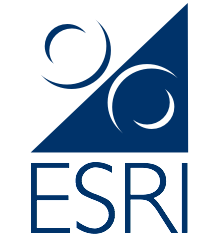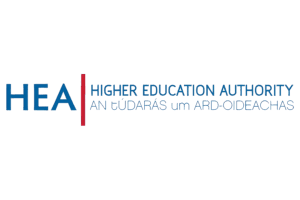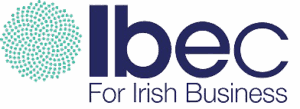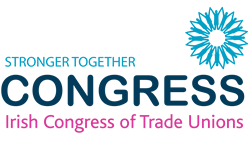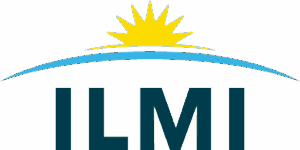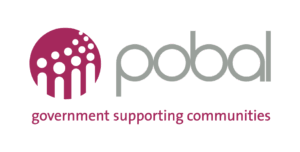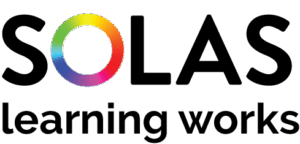WIDE Development – How and Who?
How was it developed?
Funded by the Department of Social Protection between 2023-25, the development of the WIDE framework was coordinated by AHEAD in collaboration with Employers for Change.
The development process was guided by a 21-member national advisory group which included representatives from Disabled Persons Organisations (DPOs), non-governmental organisations (NGOs), business representative groups, unions, HR networks and government agencies (see ‘Who’s Involved?’).
You can find out more about how it was developed and the main findings here.
The WIDE framework team, commissioned an in-depth literature review by esteemed researcher Dr Joanne Banks, and built on this by undertaking a consultation and development process involving:




